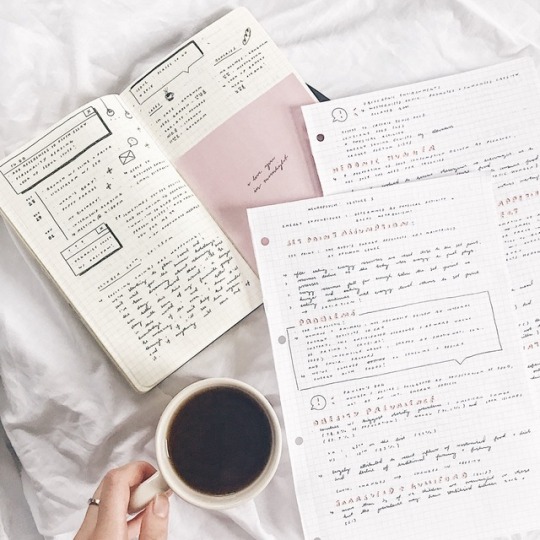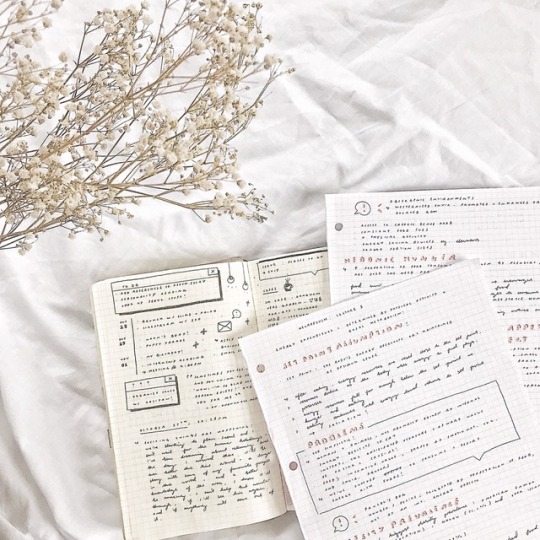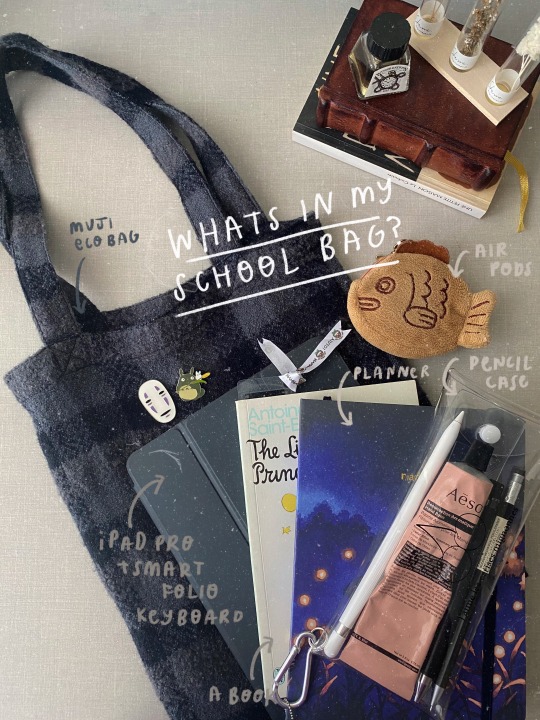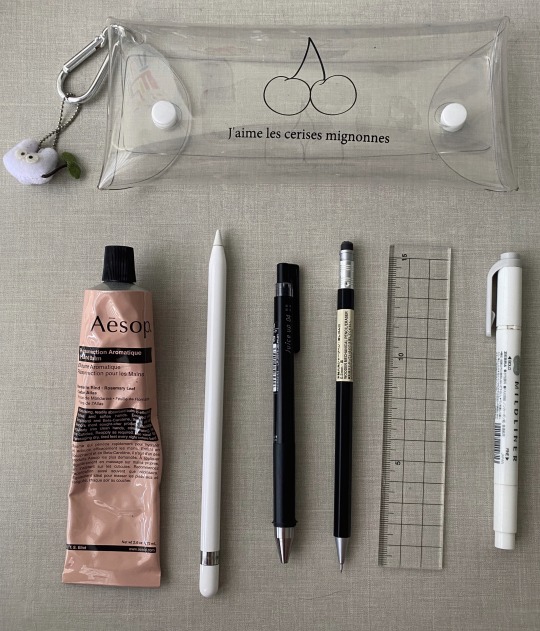Photo


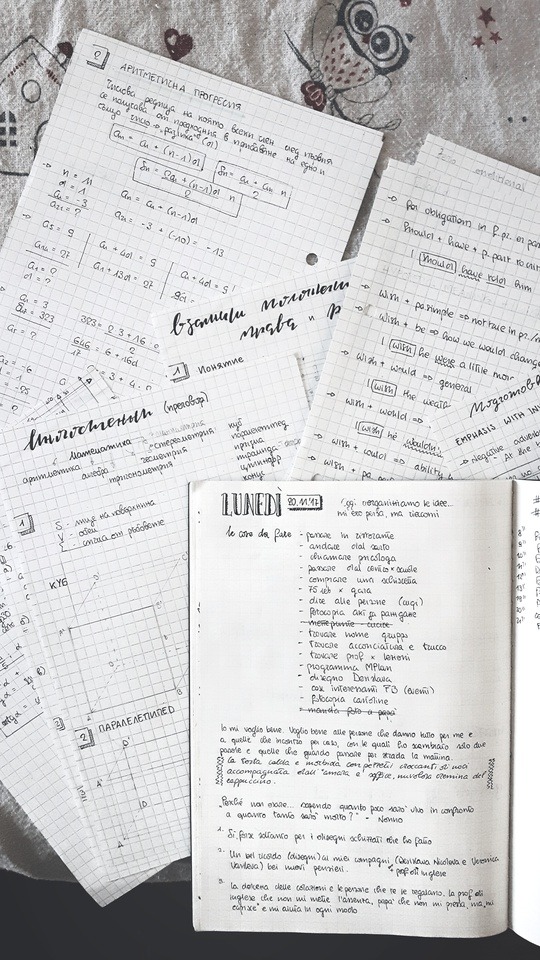
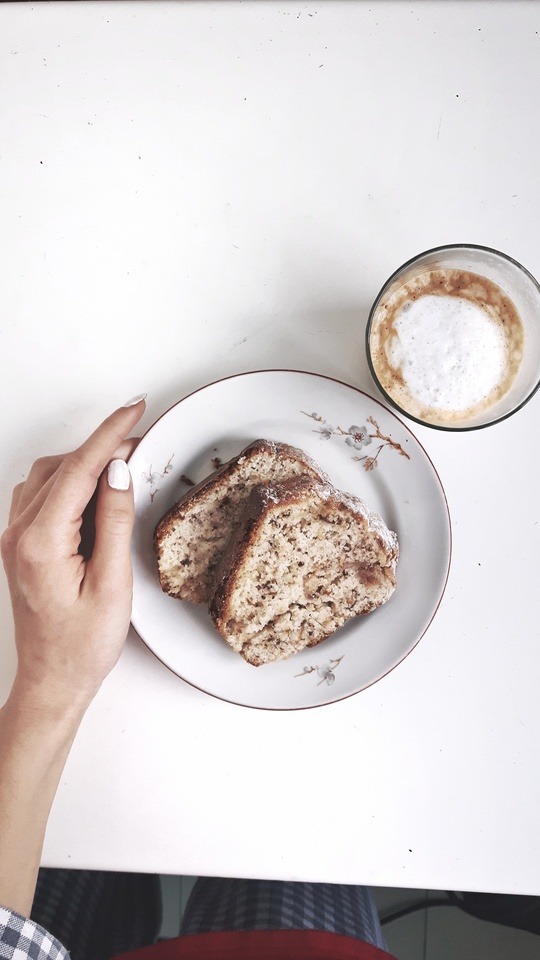
[21.11.2017]
When mornings are sweet as this…
(Wops, you can see my pyjama in the last snap 😅)
IG: hristinasview
6K notes
·
View notes
Photo
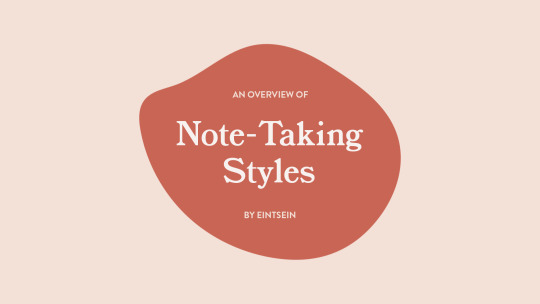

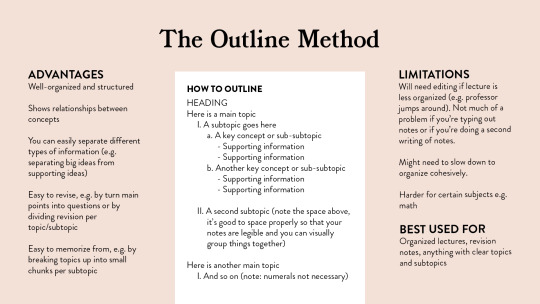
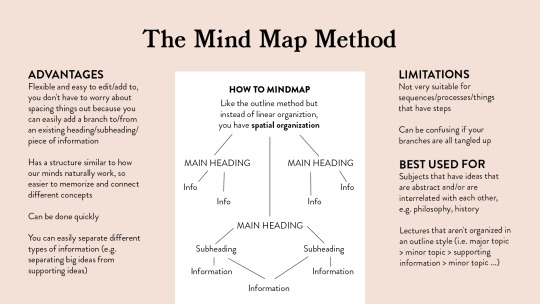

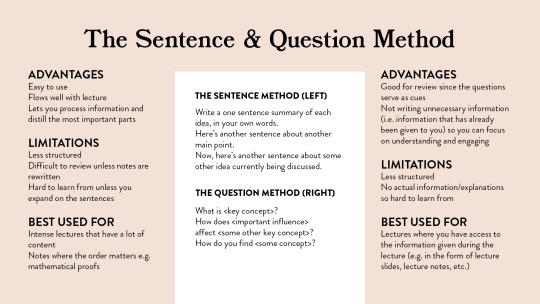
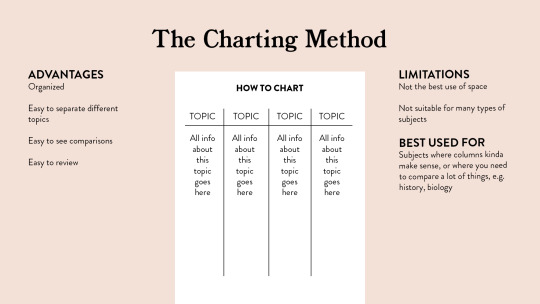


An Overview of Note-Taking Styles
Note-taking is one of the most essential skills a student should master. It allows you to record and review information to be used in the future. But what’s the best way to do so? Here’s an overview of note-taking styles that can help you maximize your learning!
56K notes
·
View notes
Text
The 5 Best Revisions Methods I Want to Start Using
Hi, guys! Whilst planning my next few months to do well on my final exams, I started researching and found a few great study techniques that are a bit underrated. Thus, I compiled a post with information about each one and all the materials you need to put them to use. These are most useful if you’ve already studied the material and are now starting to revise.
A. Feynman Technique
This method was coined by Nobel Prize winner Richard Feynman. This system works by writing down everything you remember about the topic you’re currently revising in a blank piece of paper. When you get stuck, go back to your study materials. The gaps in your knowledge should be blatant after you finish. Review and simplify. Keep repeating until you know for certain that there’s nothing left out and you’ve successfully learned the topic. :-)
For this method you will need:
Blank piece of paper
Pen/Pencil
B. Spaced Repetition
This method has been gaining traction for the past few years but it still doesn’t get the recognition it should. It’s fairly simple. It consists of time intervals between study sessions, which allows you store information better in your long-term memory. While there aren’t set times for when to do your next revision session, I’d recommend the one by Piotr Wozniak:
First repetition: 1 day
Second repetition: 7 days
Third repetition: 16 days
Fourth repetition: 35 days
This method can be used both through an analog system and a digital one.
One of the simplest techniques to implement spaced repetition while using paper flashcards is the Leitner system. First, you decide how many boxes you need for your system. Each of your boxes represents a different study time interval:

Every flashcard starts out in Box 1. When you get a flashcard right, it passes to the next box. If you get a card wrong, it goes back to Box 1 – even if it was on Box 4. This makes sure you are constantly reviewing the materials. Remember to devise a calendar with the dates and boxes you need to revise each day.
For this method you will need:
Boxes or simply different colored rubbers to differentiate the piles
Flashcards
Pen/Pencil
If however, you prefer a digital method, Anki is the best option for you. It is available online, on both Windows & Mac and there’s also an incredible practical app. It uses the spaced repetition method while taking the trouble of having to hand write hundreds of flashcards and remembering when to study each one.
Simply create an account, then a deck in which you’ll add your flashcards. The app and website allow you to add images and/or sounds to the flashcards. Customize them all you want. Once you’ve finished, save them and check the app every day to revise the flashcards of the day.
For this method you will need:
Anki app (iOS, Android) and/or website
C. Past Papers
I’ve been guilty in the past for not using this method. I got so caught up in my perfectionism that I didn’t even want to try. I learned, though, that getting things wrong is not a sign of failure and that persisting until you get it right is the real strength (and discipline) you ought to have. Do not let your procrastination and/or perfectionism prevent you from learning your weaknesses on a topic and not reach the grade you were hoping for.
Time yourself while taking the test and then correct your answers with a different colored pencil/pen so you can differentiate between correct and wrong answers.
For this method you will need:
Past papers
Pen/Pencil
D. Teach someone
This method is really helpful if you have oral assessments and/or your professor uses the Socratic method in class. You can practice your speech and knowledge all at the same time. Find someone who’s willing to listen to you talk about the topic you’re studying. Even if no one’s willing, you can still explain the matter to an object in the house. Don’t get embarrassed by this! While speaking, you’re organising your thoughts and only when explaining to someone else can you really assess your knowledge.
For this method you will need:
Your voice
Someone/Something who loves you very much
E. Proper sleep & exercise
Yes, I know, these aren’t revisions methods. But as helpful as the previous systems were, they won’t work if you aren’t sane in body and spirit. It’s incredibly important that you rest. Teenagers (13 to 17 years old) ought to sleep from 8 to 10 hours every day, while young adults (18 to 25) only need 7 to 9. You should also get fresh air and exercise. This helps with mental alertness, concentration, an efficient memory and a positive mood. Stay hydrated throughout the day. & please, don’t skip meals!
For this method you will need:
Proper sleep (x, x, x, x, x)
Exercise (x, x, x)
Healthy diet (x, x, x, x)
12K notes
·
View notes





